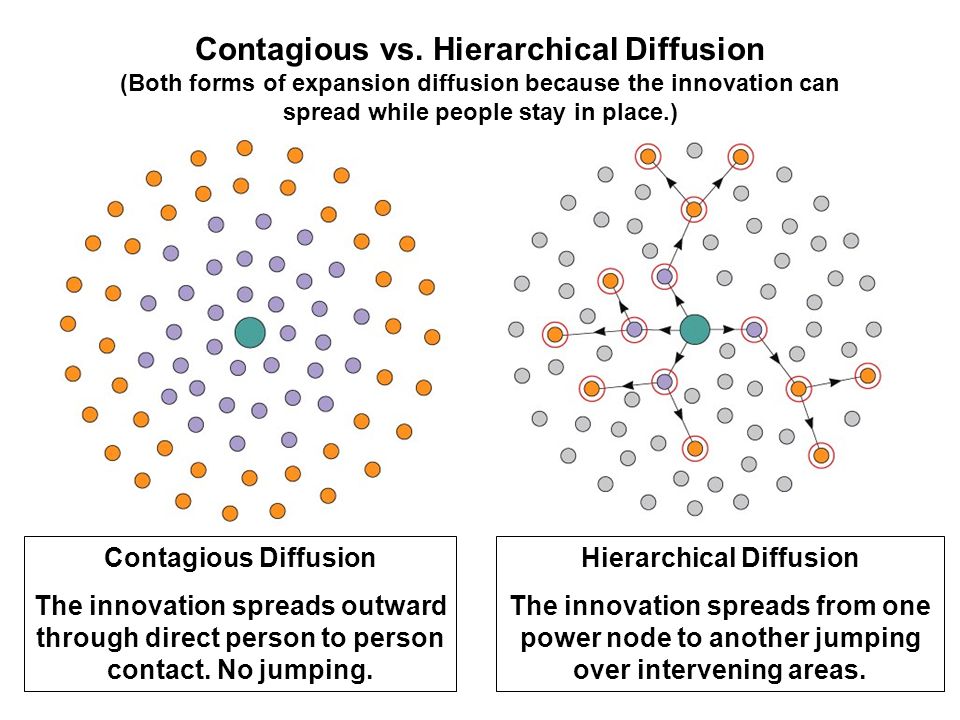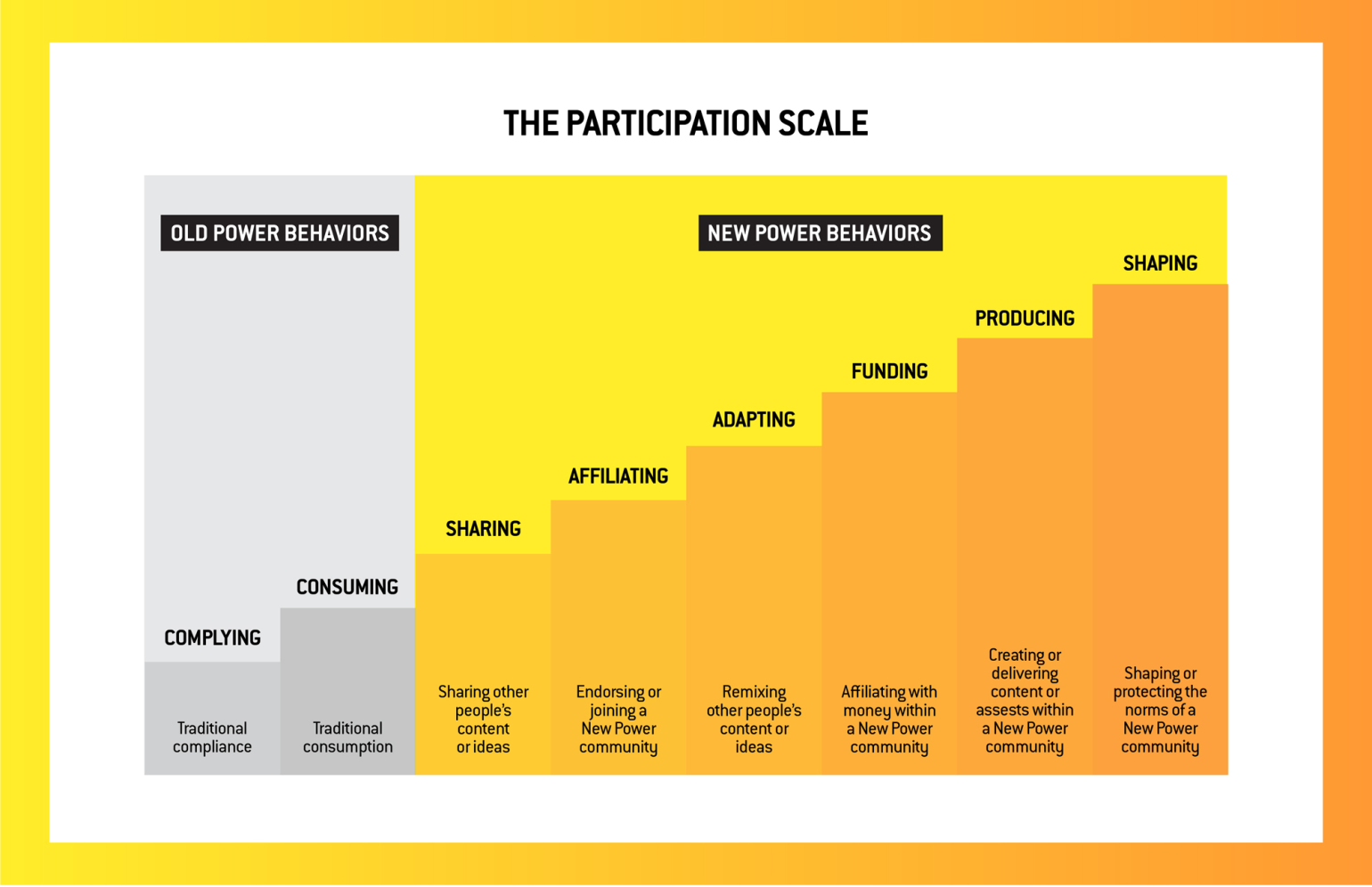What is the message of Christmas? Maybe it's that we are not alone. Maybe it's that life is not meaningless. Maybe it's that life does have a purpose. Maybe it's we are not some random accident. Maybe it's that there is hope. Maybe it's that there is a God, and it ain't you.
Maybe it's life has meaning, love conquers hate, and that God is with us. For us. Over us. Beside us. Within us. And wanting to be borne by us and through us, in quiet conquering love to be a gift again to the hurting waiting world.
Suicide Cliffs
We're all living next to a cliff.
How can we train our homes to be the places of stranger conversations and invitations to tea?
CROSS+GEN ALL SAINTS DAY VIDEO INTERVIEWS
In the "Honor your Father and Mother" department, here's a video interview idea for All Saints Sunday 2019 with a fall prep in Sept/Oct and a banquet honoring your elder saints:
As August comes to a close and you're gearing up for the new school year, assign Cross+Gen teams (with at least 4 generations) to do video histories of your 80-90-100 year olds. Have them make "dates" with their assigned elder guests. Eiither go to their homes/residences or invite them to a bright, friendly, quiet spot where the interview can take place. Ask them to locate old photo albums and bring them along. If they own an old, worn Bible, ask them to bring it along, too. Ask them to choose a Scripture they'd like to share with the group - something that has significance in their life. With the video running (1-2-3 cell phones?) ask them to...
SHARE - a high and low from each decade of their life. Start by walking through the album and, with each decade, flash them some events from https://www.thoughtco.com/20th-century-timelines-1779957. Video it all. Take notes on the highs and lows for your prayers.
READ - Their chosen Scripture together underline/highlight it in each of the team's Bibles writing "____(name)____ favorite verse" in margins. Go online to aslpro.com and learn 4-6 key words in American Sign Language together.
TALK - About what that Scripture means to them, how it relates to their life, and what it means to each member of the group.
PRAY - With thanks and praise to God for this elder saint, and for they gifts they have given to the world. Name their "highs" in thanksgiving. Thank God for being with them in their life lows. Ask the Holy Spirit to give them strength to continue living as a witness to God's love through the highs and lows to come. Close in Jesus' name (hey, you're Trinitarian!)
BLESS - First, ask the elder saint to bless each person in your group one-by-one. Then line up and bless the elder by tracing the sign of the cross on their forehead, looking them in the eye with a loving smile. And ask if hugs would be welcome!
Show clips of these video histories as an "offering that doesn't fit in the plate" in worship or education hour.
Then on all Saints Sunday, throw a banquet in their honor and have the Cross+Gen interview teams pick up their honored guest, introduce them, and tell what they learned through the process, how they grew, and what gifts they received. Post the interviews on YouTube with links to your church website and a new person featured each week.
Home Isn't Home Anymore
A new study by Ikea of 22,000 people in 22 countries suggests that many people no longer feel home at home. 45% go sit in their cars in order to get a break.
What does this say about society? What does it say about me being a person of hospitality and safety? What might it say about the church trying to make people feel at home?
Compassion and the True Meaning of Empathy
Can we learn to feel other’s pain?
The word compassion comes from the Latin “with” and “suffering.”
The Greek equivalent, “empathy” is “in” plus “pain.”
It means “I hurt when you hurt.”
How do we raise a child, a family, a society of true compassion and empathy? Joan Halifax has some marvelous thought on nurturing compassion in a oft-times cold and polarized world.
Great talk for Cross+Gen conversations.
Alone Together
Technology or
Talk-knowlegy
As we expect more from technology, do we expect less from each other?
Here are some great thoughts for a Cross+Gen discussion from Sherry Turkle’s Ted Talk, and two books “Alone Together” and “Reclaiming Conversations: The Power of Talk in a Digital Age.”
Her thinking about Robotics and Digital Artificial Intelligence would especially make a marvelous conversation starter between the ages.
10 Ways to Have a Better Conversation (Celeste Headle)
We're not listening to each other.
1/3 of teens send 110+ texts a day… but would much rather text than talk to a human being.
Conversational competence is the single most important skill we can teach our children and achieve ourselves today. And yet, we seem to have more and more time for tech and less and less time for talk. Without it, how can we achieve true understanding? Without the time, attention and energy, how can we hone interpersonal conversation skills?
Teaching how to talk and how to listen, Celeste Hedlee shares these 10 basic rules to be Engaged, inspired, perfectly understood.
1. Don't multitask - be present in that moment
2. Don't pontificate - don't state opinion without any feedback - enter every conversation as if you have something to learn
3. Use open-ended questions - who, what, when, where, why, how
4. Go with the flow - let thoughts and stories come and go
5. If you don't know, say that you don't know
6. Don't equate your experience with theirs - it I not about you
7. Try not to repeat yourself - don't just keep making the same point
8. Stay out of the weeds - people don't care about the details of your life - they care about you
9. Listen - perhaps the #1 most skill - when I'm talking I'm the center of attention and I'm in control - We talk at 225 words per minute but can listen at 500 words per minute
10. Be brief - My sister said, "A good conversation is like a mini-skirt; short enough to retain interest, but long enough to cover thee subject."
This Ted Talk would make a great Cross+Gen conversation.
Vince Lombardi said, “Practice doesn’t make perfect. Perfect practice makes perfect.”
So, how might something like FAITH5 help us get good at this, every week in a Cross+Gen community and every night in every home?
https://www.youtube.com/watch?v=R1vskiVDwl4
Contagious: Why Things Catch On
If we want an idea to catch on, we have to understand the science and psychology behind social transmitssion. It starts with the message.
Here’s Jonah Berger on making ideas contagious.
https://www.youtube.com/watch?v=FN4eDk1pq6U
How to Build a Movement in 4 Easy Steps
If you are a leader who built something unique over the years (a business, a church, a foundation, a philosophy) and you now sense/know/feel called to unleash a movement that is bigger than yourself out of it, the first thing to recognize is the biggest blockage to growth - to it really taking off - might be… you.
So take a look at this link for 4 “Easy” (yeah, right) Steps to building a movement, and learn with me over the 7 next days as I share and comment on 7 Ted Talk links with ideas from some of my favorite thinkers. On the docket this week I’ll be posting:
How to Get Ideas to Spread (Seth Godin) Oct 10
Contagious: Why Good Ideas Catch On (Jonah Berger) Oct 11
10 Ways to Have a Better Conversation (Celeste Headle) Oct 12
Alone Together (Sherry Turtkle) Oct 13
The Puzzle of Motivation (Daniel Pink) Oct 14
The Art of Gathering: How We Meet and Why It Matters (Priya Parker) Oct 15
Compassion and the True Meaning of Empathy (Joan Halifax) Oct 16
If you have a small group, task force, or team you want in on the discussions, invite them to this link and into a conversation on a private Facebook group you set up, a coffee/dessert club or another venue for personal thoughts and reflections.
Here’s a Ted Talk worth a listen, and a book worth a read. https://ideas.ted.com/how-to-build-a-successful-movement-in-4-steps/
Rapid City Flood and the Power of Prayer
I don’t know if you let convicted armed felons drive your church bus. But one named Lyle saved my life once.
It was June 9, 1972. I was a high school sophomore on my way from Williston, ND, to Dallas, Texas, to hear Billy Graham, Bill Bright, Johnny Cash and Kris Kristopherson at Explo ’72. The 50 kids in the old painted school bus were scheduled to sleep in Rapid City on the first night of the trip, but because of the hot dusty roads and non-air-conditioned bus, we pleaded with our chaperones to take us to the giant swimming pool down the road in Hot Springs. It began to rain, and after dinner at the McDonalds, all the adults agreed we should just go to church and go to sleep.
We kids begged again. Finally, bus driver Lyle Thorpe made the call. “If the kids want to go swimming, get in the bus!”
Nobody argued with Lyle.
We filled up with diesel at the Skelly station and drove to Hot Springs through sheets of rain. After swimming, the rain was coming down so hard we couldn’t get back to Rapid City. We made a few calls and spent the night on a floor under the leaky roof of Custer Lutheran Church.
The next morning we awoke, wrung out our sleeping bags, and turned on the radio. It was then we discovered that 238 people had died in Rapid City during the night when the Canyon Lake Dam burst. The Skelly where we bought diesel had been washed away. The McDonalds where we ate dinner had been washed away. The church where we were scheduled to sleep that night had been washed away.
If it hadn’t been for bus driver Lyle’s firm “Get in the bus,” we would all have been at the church and disappeared in the flood. And if it hadn’t been for an old grandma prayer warrior praying for a Lyle - when he was a troubled young man a few years before, we would all have drowned.
Lyle Thorpe was our bus driver. A few years earlier he was in prison for armed robbery. A few years before that he was on the FBI’s most wanted list. And through it all, his grandma wouldn’t stop praying for him. Even when he was locked up and thrown away - considered worthless by society - she wouldn’t stop praying for him. “Lyle, we raised you right. You know this is not the way. And I’m not going to stop praying until you’re down on your knees and give your life back to Jesus!”
And yes, in prison he got down on his knees and gave his life back to the Jesus who had claimed him in baptism. And yes, on July 9, 1972 he was driving our church bus and decided, in the pouring Rapid City rain against the other adult chaperones to the Texas event, that he’d take us swimming in Hot Springs.
The power of prayer has eternal consequences that we rarely get to see on this side of eternity.
Fifty kids, including future pastors Nancy Lee Gauche, Kathy Lynn Valen and I, were on the bus that night.
Pastor Lyle Thorpe died Sunday. Yes, pastor.
He was 87.
The Earth's Largest Living Thing Has 10 Years... maybe
Here’s a metaphor for you semioticians. Pando. Earth’s oldest and largest living thing. And they think it may have 10 years.
Welcome Ivars, Marta and Sofia
Killing Sunday School - Birthing Cross+Gen
Just went to the printer - Volume 3 is written by educational/worship pioneers from a dozen churches who've spent the last two years trying to figure out Cross+Gen and are willing to share their strategies, mistakes, and joys of life with the adjacent possible of the wisdom of the elder and the wonder of the child in covenant relationships every week at church and in prayer every night in every home. Thanks to all who dared and shared. see you in Estes Park!
Parables
Why teach with them?
From a neurological perspective, a para (beside) bala (to throw or lob) is the most brain-engaging form of speech. It lights up the visual, logical, emotional and curiosity centers of the brain.
It is written that Rabbi Jesus only taught in parables.
Jesus was a neurologist?
Traces Across Faces
Fun to open Facebook this morning to see our friend Cecilia Javed in Pakistan marking a child with the cross of Christ. We've been pushing "traces across faces" for some time now in the Cross+Gen world and it's pretty dang powerful. Wonderful. Fun-fun-funderful to see it popping up more and more. Hands that are raised in blessing will rarely be raised in anger.
Mark someone with the cross of Christ today and see if it doesn't spread.
Raising A Teen Who Talks Every Night?
Imagine
No... Act
He will turn the hearts of parents to their children and the hearts of children to their parents.
MA L A C H I 4 : 6
Imagine raising a daughter who wouldn’t think of going to bed without talking to you about her highs and lows every night, even though she’s 16.
Imagine raising a son who won’t turn out the lights without asking you about your day, praying for your highs and lows, and blessing you.
Imagine growing up in a home where everyone feels loved, valued and heard every night; a family that seeks God’s wisdom, will and Word at the center of their lives; an intimate community where every night is an experience of caring, sharing, comfort and peace. Does this sound like an impossible dream?
It isn’t.
Does it sound like an improbable dream?
Maybe.
One thing is for sure: This dream is not going to magically materialize without intention, commitment and a workable plan on your part to make it happen. Having a close and caring family is a beautiful dream, but a dream without a plan isn’t worth a nickel. However, a dream with a workable plan may be worth a million bucks.
Three Reflections
Three
Reflections
We've invested the last month on the psychology, sociology and neurology of sharing highs and lows. Let's wrap up with three reflections:
Reflection 1
Think of your highest high and lowest low in the last five years.
• Where was God in the high?
• Where was God in the low?
• What wisdom have you gained from these two experiences?
Reflection 2
Put on your psychologist’s hat for a moment. What happens to a person when he or she:
• Shares a significant high with a trusted friend?
• Shares a significant low with a trusted friend?
• Falls asleep every night of his or her life knowing that he or she is loved, heard and valued?
Reflection 3
Put on your sociologist’s hat for a moment. What happens to a family when they:
• Reflect on the significant highs of the day every night?
• Reflect on the significant lows of the day every night?
• Share highs and lows, caring conversations, faith talk and reflection at the end of the day (as opposed to mornings, after school, in the car or around the dinner table)?
Two Rules and Three Tools for Nightly Home Huddles (Photographs and Emotographs)
Two Rules
We only had two rules for sharing highs and lows when our children were young. First, no interruptions. When someone was sharing, no one else was allowed to speak, except to ask clarifying questions. Second, no judgment. The first time you judge your children’s highs or lows may be the last time they risk being honest with you about what is really going on in their lives.
Three Tools
With the hindsight of a nostalgic empty-nester and the insight of a lot more reading in neurology since my children were babies, I now know of three tools I wish I had used in the Melheim home while they were young. These are:
1. A timer: Brevity is the way to go for highs and lows, so set a time limit for the amount of sharing. Save the longer conversation for the amount of sharing. Save the longer conversation for Step 3: Talk.
2. Journaling: Writing before speaking is brilliant neurology. It connects thought to muscles, motions to emotions, and eyes to fingers. It begins the process of moving a person’s short-term memory from scratch pad (hippocampus) to hard drive (neo cortex). Writing connects the brain to the body to the environment, thus engaging the whole mind. It wires and fires and connects the new to what you already knew, setting the pieces in place for insight, problem-solving and innovation. If you want to grow reflective children into wise and thankful adults, start journaling.
3. Photographs and “emotographs”: As long as you are journaling words, why not consider adding a journal of images? Take at least one photo every day and add it to the mix.
Mental and emotional snapshots recorded in the form of simple sentences about your highs, lows and prayers serve as great mementos. Add a photo each day along with your writing and your journal will become the kind of scrapbook I call an emotograph—a rich, simple, memory- jogging tool that ensures that the day and its lessons will never be forgotten.
The 20-percent Marriage Insurance Policy
Sharing highs and lows isn’t healthy just for kids—journaling highs and lows followed by sharing thoughts out loud is also great for marriages. According to Richard Wiseman in 59 Seconds: Think a Little, Change a Lot, “Partners who spend a few moments each week committing their deepest thoughts and feelings about their relationship to paper boost their chances that they will stick together by more than 20 percent. Such ‘expressive writing’ results in partners using more positive language when they speak to each other, leading to a healthier and happier relationship.”
Setting aside 5 to 15 minutes each night for these communication practices might not merely hold a family together; it might also teach children—and adults—how to hold a marriage together.
Copy of Life Moves Pretty Fast (Take Time Tonight)
Here's the link to "Life Moves Pretty Fast." Show it to parents, then invite them to start a nightly check in with FAITH5 (share, read, talk, pray, bless).
Home Huddle: How to Start
If all you had time for each night was five minutes of sharing highs and lows, you would be miles ahead of most families—psychologically, sociologically, neurologically and theologically. But this is just the start of the art. In the chapters that follow, we’ll get to the good stuff. In the meantime, let’s look at how this first step of FAITH5 might look in your nightly routine.
Calling the Huddle
Whoever is going to bed first in your home is empowered to call the nightly home huddle. This could be, “Highs and lows!” or “Huddle up!” or “FAITH5 in five minutes!” After a little exercise to get oxygen, glucose and BDNF coursing through your children’s veins, invite each person to look back on the day. What was one high (a good thing) that happened during the last 24 hours? What was one low (one thing they didn’t consider so great)?
Go around the room. Take turns. Ask everyone to be on watch throughout the day for the highest high and the lowest low. Consider recording your highs and lows in a journal for later reflection. Think of this as a little gift to your family and yourself. Be honest. Be real. Don’t interrupt. Expect everyone to contribute.
Rotating Rooms
Some people have a dedicated space where the sharing of highs and lows always takes place. Others allow the first person going to bed to convene the meeting and call the space. “My room! Five minutes!”
When our children were young, our pillow fight always ended on our waterbed. We followed with highs and lows on the waves. When they hit grade school, the home huddle rotated between Kathryn’s and Joseph’s rooms. For some magical unseen reason, it shifted back to Mom and Dad’s bedroom when they hit high school. Most nights found them lying comfortably on our bed—often with Kathryn Elizabeth’s feet sticking in my face for a foot rub. Even on nights when we were angry with one another and not all that elated to be related, the act of returning to that ritual and comforting space was often all it took to bring us back “home” in our home.
TOMORROW: Two Rules and Three Tools for Highs and Lows





















